The United States is home to some of the world’s oldest financial institutions, each with a rich history deeply rooted in the nation’s economic growth. These banks were founded during pivotal moments in American history and have played crucial roles in shaping the modern banking system. Their stories reflect resilience, innovation, and the evolution of banking in the country. Let’s explore the fascinating histories of the oldest banks in America and their lasting legacies.
Bank of New York Mellon (Founded in 1784)

Founded in 1784 by none other than Alexander Hamilton, the Bank of New York Mellon is America’s oldest continuously operating bank. Established in New York City during the infancy of the United States, it was instrumental in financing the country’s early infrastructure and trade. Headquartered today in New York City, this bank merged with Mellon Financial in 2007, creating a global financial powerhouse. With its roots in supporting the young nation’s commerce, the Bank of New York Mellon has grown into a modern leader in investment management and financial services, blending centuries of legacy with cutting-edge innovation.
State Street Corporation (Founded in 1792)

State Street Corporation, founded in 1792 in Boston, Massachusetts, began as Union Bank to meet the needs of a growing local economy. Over the years, it transitioned from a regional lender to one of the largest custodial banks and asset managers in the world. Its headquarters remain in Boston, a testament to its deep ties to the city. State Street’s founders envisioned a bank that would support the flourishing trade in the region, and it has grown into a global institution managing trillions of dollars in assets. Today, it’s a trusted partner for governments, institutions, and individuals worldwide.
Citizens Bank (Founded in 1828)
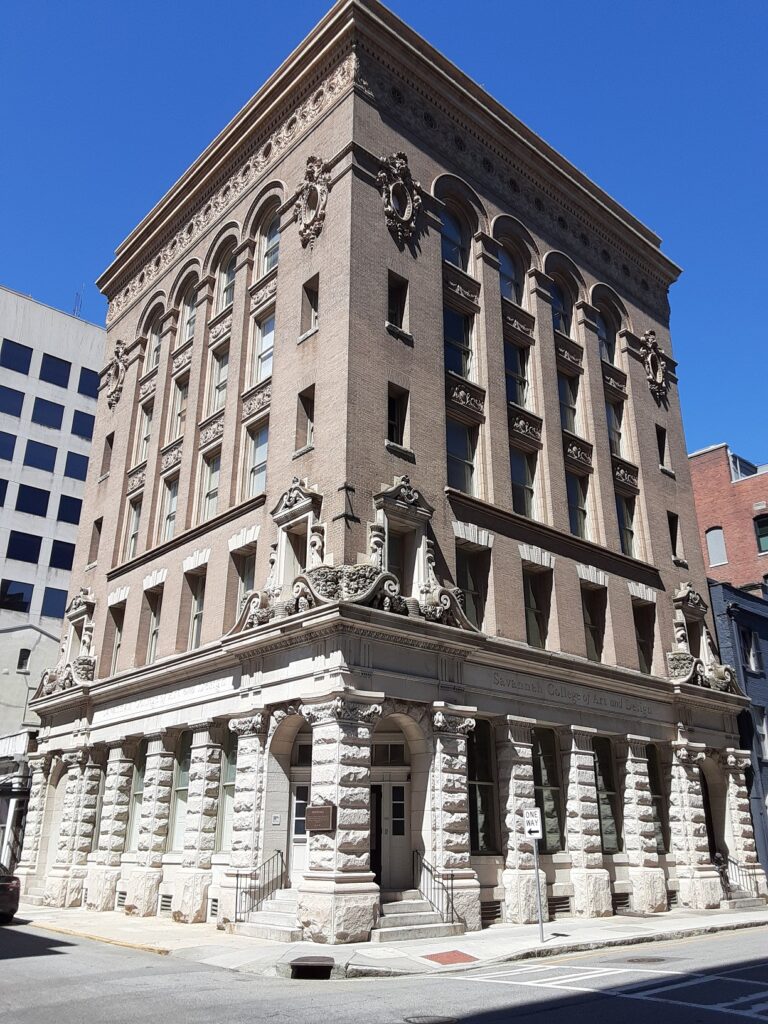
Citizens Bank started in 1828 in Providence, Rhode Island, with the mission of serving local communities and businesses. Headquartered still in Providence, this bank has grown to be one of the largest in the United States, offering a broad range of financial services. Its founders sought to create a reliable institution that would support the region’s economic growth, and it remains committed to fostering community partnerships. Citizens Bank has successfully evolved over the decades, maintaining its roots while embracing modern banking technologies to meet the needs of today’s customers.
Farmers’ and Mechanics’ Bank (Founded in 1807, now part of PNC Bank)

Farmers’ and Mechanics’ Bank was established in 1807 in Philadelphia, Pennsylvania, during a time when agriculture and small-scale manufacturing were vital to the American economy. It was founded to provide financial services to farmers and craftsmen, ensuring economic stability and growth for these essential sectors. Though it no longer operates independently, its legacy lives on as part of PNC Bank. Its historic commitment to serving hardworking Americans laid the groundwork for modern banking practices, and its influence is still felt in PNC’s expansive services today.
Bank of North America (Founded in 1781, merged into Wells Fargo)
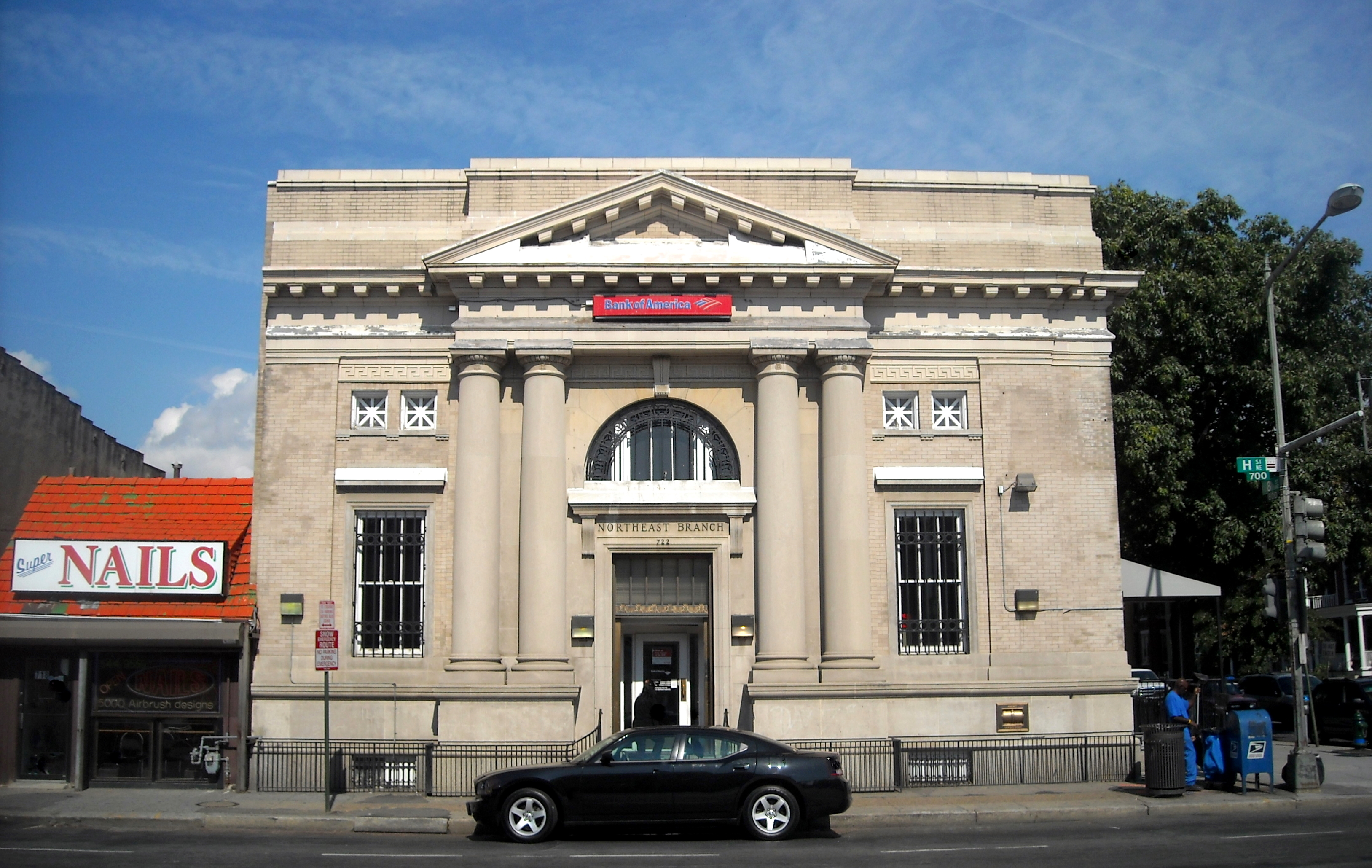
The Bank of North America, established in 1781 in Philadelphia, Pennsylvania, holds the distinction of being the first chartered bank in the United States. Founded by Robert Morris, a financier of the American Revolution, it played a key role in stabilizing the fledgling nation’s finances. Initially chartered by the Continental Congress, it helped fund war efforts and supported early economic growth. Though it eventually merged into Wells Fargo, its pioneering legacy as the first American bank has left an indelible mark on the nation’s financial history.
Boston Private Bank & Trust Company (Founded in 1818)
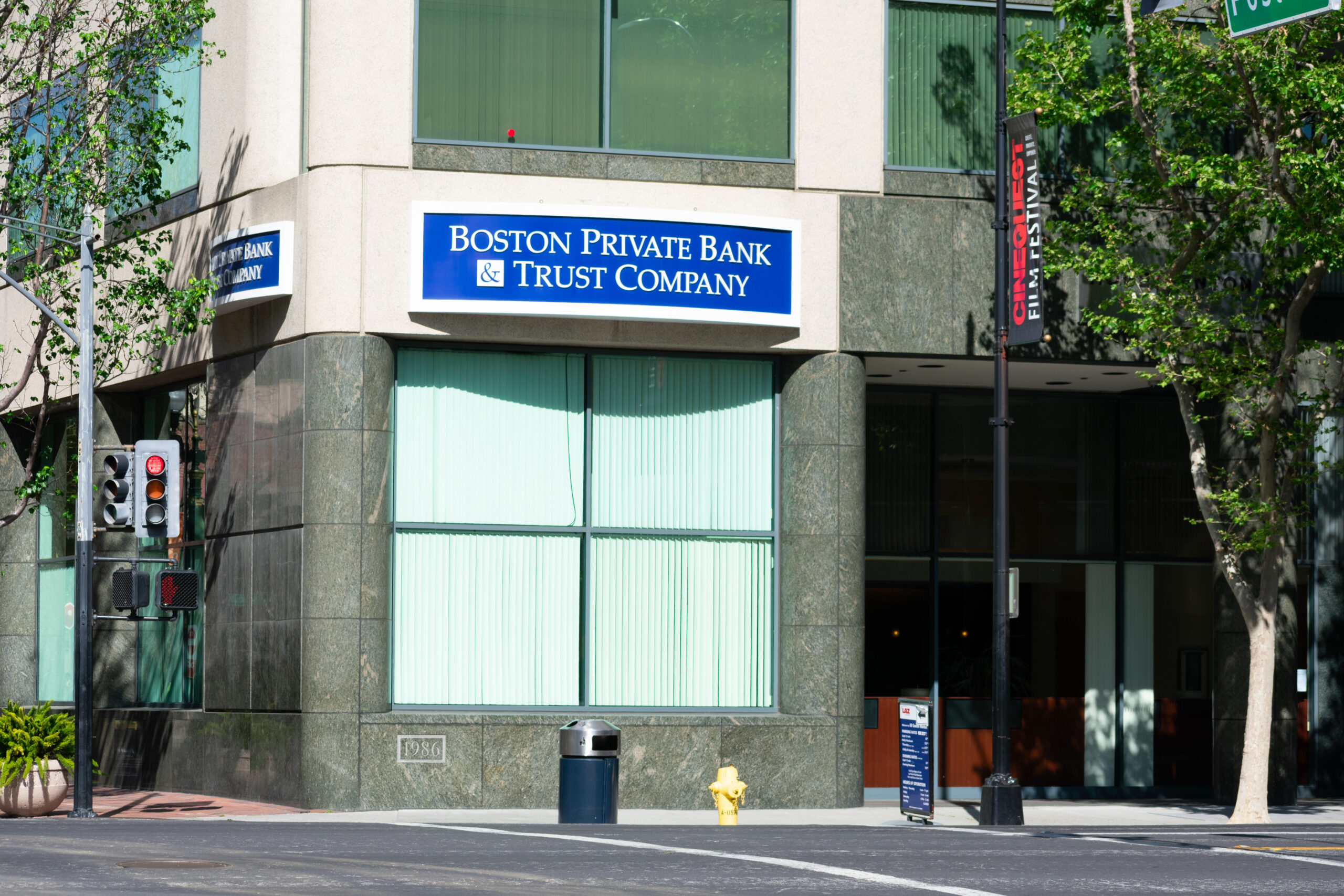
Established in 1818, Boston Private Bank & Trust Company has a long history of serving high-net-worth individuals and businesses in Boston, Massachusetts. Its founders sought to create a bank that would offer personalized financial services while supporting the local economy. Headquartered in Boston, it has remained true to its roots, combining a tradition of trust with modern financial expertise. Over the years, Boston Private has grown into a respected institution, known for its tailored approach to wealth management and community involvement.
Chemical Bank (Founded in 1824, now part of JPMorgan Chase)
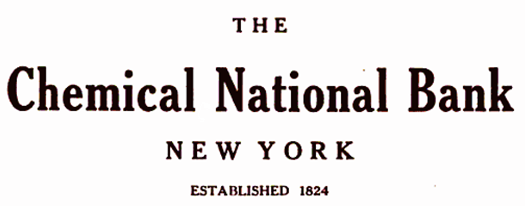
Chemical Bank was founded in 1824 in New York City, originally as a financial branch of a chemical manufacturing company. It quickly established itself as a reliable lender for businesses and individuals in the growing metropolis. Its founders, Balthazar P. Melick and partners, envisioned a bank that could support New York’s booming industries. Over time, Chemical Bank merged with several other institutions, ultimately becoming part of JPMorgan Chase, one of the largest banking institutions in the world. Its legacy lives on in the innovative and customer-focused practices of its successors.
Manufacturers and Traders Trust Company (M&T Bank) (Founded in 1856)

M&T Bank, established in 1856 in Buffalo, New York, began with a mission to serve local manufacturers and traders during the industrial boom. Its founders, Paschalis Canfield and Bronson Rumsey, recognized the need for accessible banking to support the region’s growing economy. The bank quickly gained a reputation for its community-focused services and financial stability. Today, M&T Bank remains headquartered in Buffalo and has expanded its reach across the Northeast and Mid-Atlantic regions. With a history spanning over 160 years, it continues to honor its founding principles of fostering economic growth and supporting local businesses.
Mechanics Bank (Founded in 1847)

Mechanics Bank was founded in 1847 in Richmond, California, by a group of tradespeople and local entrepreneurs who sought to create a bank tailored to the needs of working-class citizens. The founders wanted a financial institution that would prioritize personal service and community engagement. Over the years, it has grown steadily while maintaining its focus on serving individuals, families, and small businesses. Headquartered in Walnut Creek, California, today Mechanics Bank is recognized for its customer-first approach, offering tailored financial solutions while staying true to its community-centric origins.
Wells Fargo Bank (Founded in 1852)
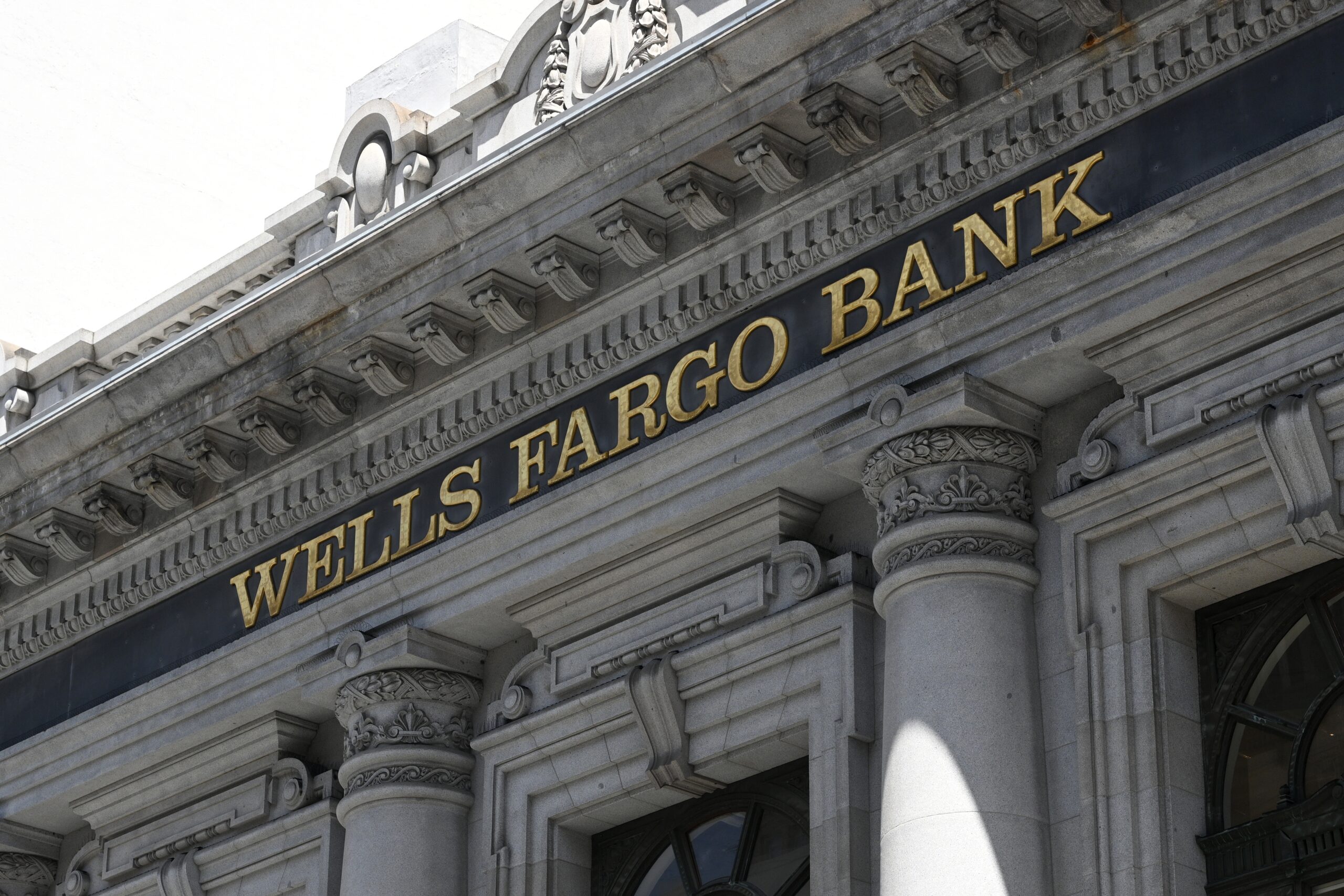
Wells Fargo Bank was established in 1852 by Henry Wells and William Fargo in San Francisco, California, during the height of the California Gold Rush. The bank was originally founded to offer express delivery and financial services to miners and settlers in the rapidly growing West. Its innovative approach to combining banking with secure transportation of goods and valuables set it apart. Today, Wells Fargo has evolved into one of the largest banks in the United States, with its headquarters in San Francisco. Despite its transformation, it remains tied to its historic roots in innovation and service.
National Bank of Commerce (Founded in 1865, now part of JPMorgan Chase)
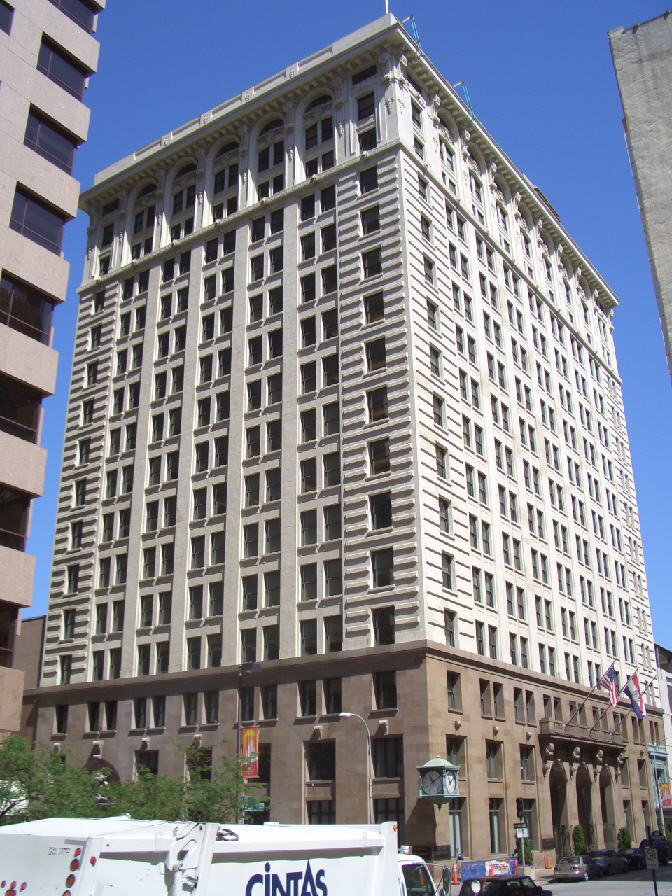
The National Bank of Commerce was founded in 1865 in New York City during the Reconstruction era. Established to support the expanding commerce of a rapidly industrializing nation, the bank quickly became a trusted name for businesses and individuals. Its founders included prominent financiers of the time, who envisioned a bank capable of handling large-scale transactions. Over time, it merged with several institutions and eventually became part of JPMorgan Chase. Its legacy lives on in one of the world’s largest and most influential financial institutions.
Fifth Third Bank (Founded in 1858)

Fifth Third Bank traces its roots to 1858 when the Bank of the Ohio Valley was founded in Cincinnati, Ohio. In 1871, it merged with the Third National Bank, and later combined with Fifth National Bank, creating its distinctive name. The founders aimed to create a robust institution to support Cincinnati’s booming industries and growing population. Headquartered in Cincinnati, the bank has grown significantly, now serving customers across multiple states. It is known for its innovative services and commitment to community development, building on its long and storied history.
First National Bank of Pennsylvania (Founded in 1864)
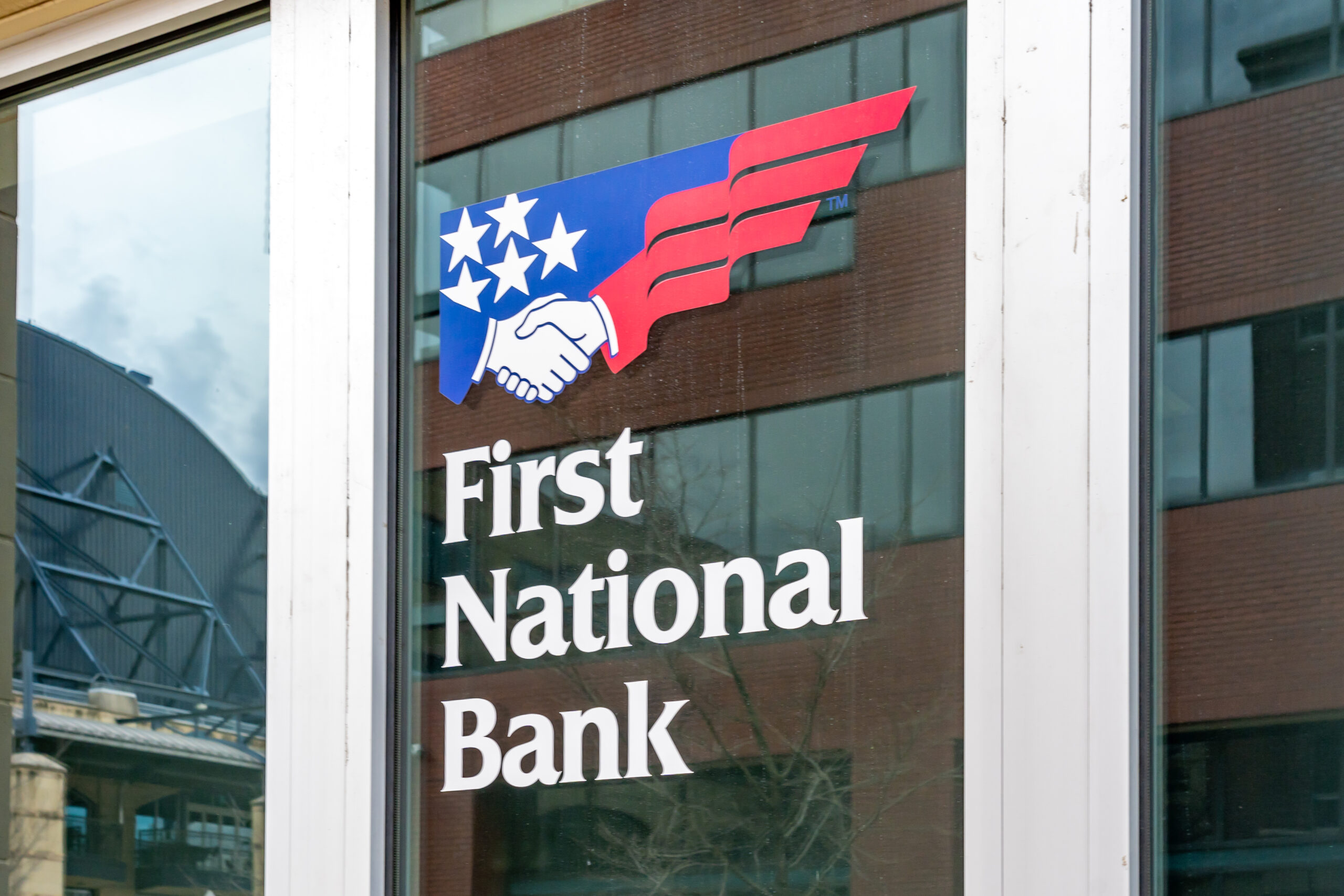
First National Bank of Pennsylvania was established in 1864 in Greenville, Pennsylvania, under the National Banking Act, which aimed to create a uniform currency and stabilize the banking system during the Civil War. The bank’s founders envisioned a stable and secure institution for local businesses and residents. Now headquartered in Pittsburgh, Pennsylvania, it has expanded into a leading regional bank with a strong reputation for customer service. Its enduring success reflects its dedication to fostering community growth and financial security.
SunTrust Bank (Founded in 1891, now part of Truist)
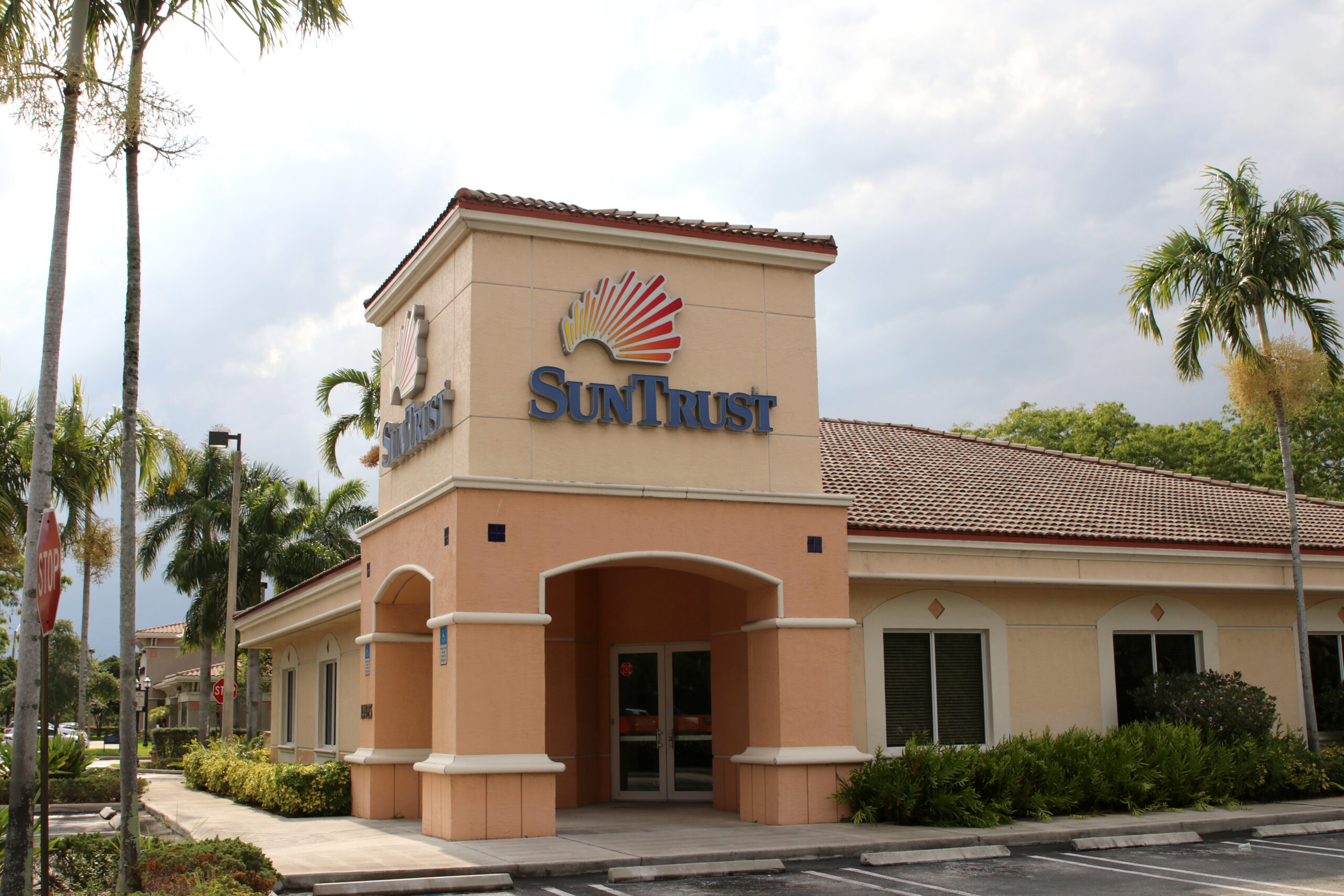
SunTrust Bank, founded in 1891 in Atlanta, Georgia, began as the Commercial Travelers’ Savings Bank. Its founders, a group of Atlanta businessmen, sought to provide reliable financial services to the city’s growing population. Over time, it became known for its innovative approach to banking and its close ties to the Coca-Cola Company, serving as one of its early financial backers. SunTrust eventually merged with BB&T in 2019, forming Truist Financial, a major banking institution headquartered in Charlotte, North Carolina. Its legacy as a trusted financial institution remains integral to Truist’s operations today.
First Bank (Founded in 1797, now part of PNC)
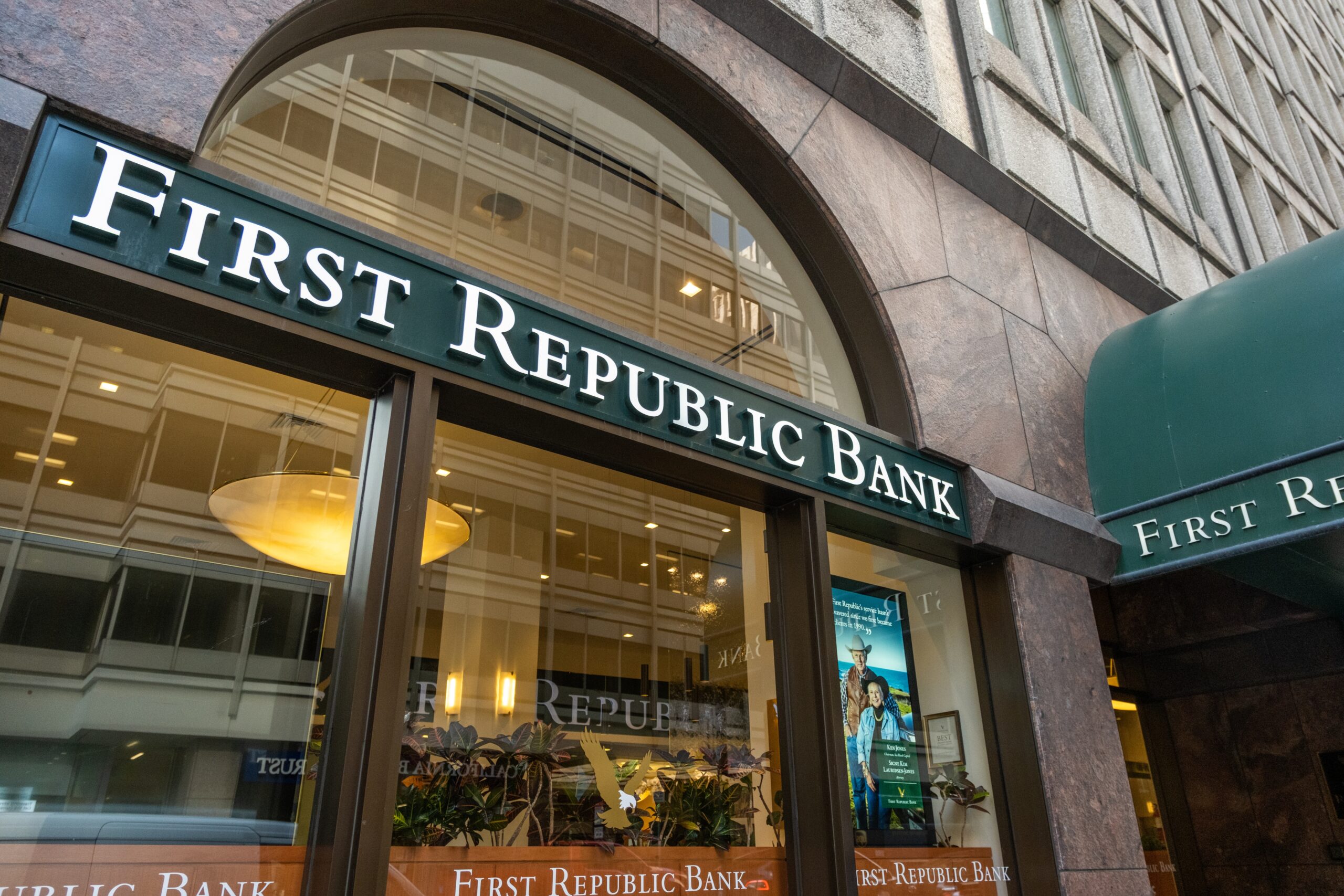
Established in 1797 in Philadelphia, Pennsylvania, First Bank was among the earliest financial institutions in the United States. Its founders sought to create a secure banking system to support the economic needs of the newly formed nation. Over the decades, it played a crucial role in facilitating commerce and providing loans for businesses in the region. Eventually, First Bank became part of PNC Financial Services, which continues to honor its legacy while serving millions of customers across the country. Although no longer independent, First Bank’s early contributions laid a strong foundation for modern banking in America.
Union Bank & Trust Company (Founded in 1900)
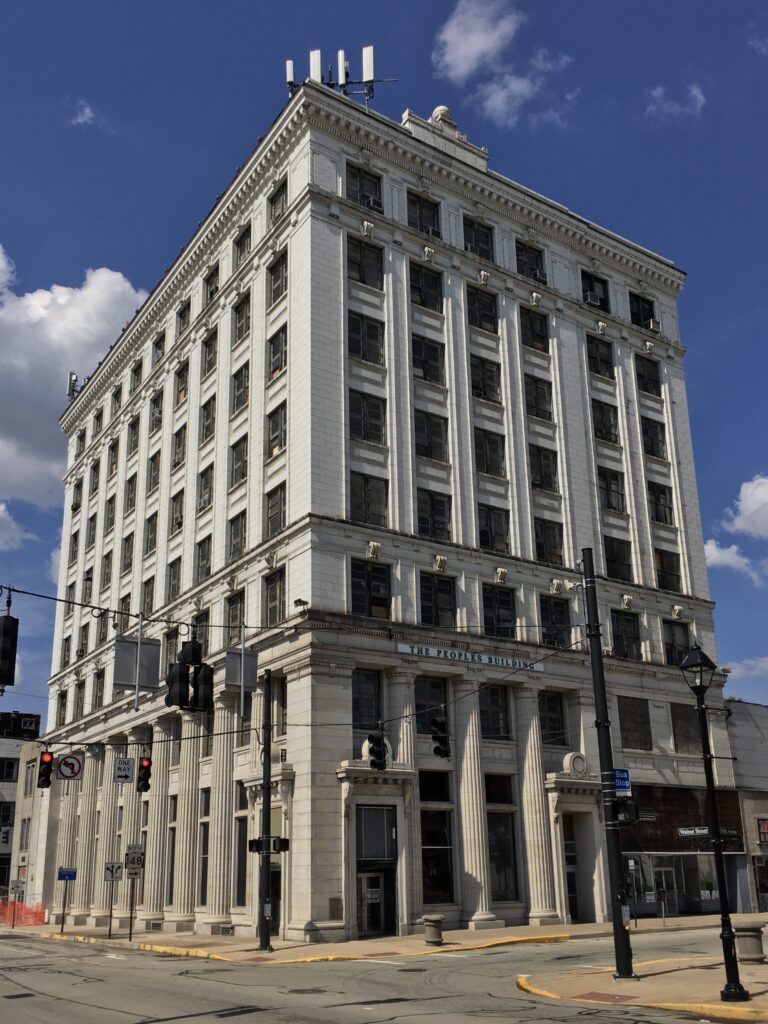
Union Bank & Trust Company was founded in 1900 in Lincoln, Nebraska, with a focus on providing dependable banking services to local farmers and small businesses. Its founders, a group of forward-thinking entrepreneurs, recognized the importance of a strong financial partner in a predominantly agricultural region. The bank quickly gained a reputation for its customer-centric approach and commitment to community development. Today, Union Bank remains an independent, family-owned institution, offering a wide range of financial services while staying true to its roots of personalized service and local focus.
People’s United Bank (Founded in 1842)
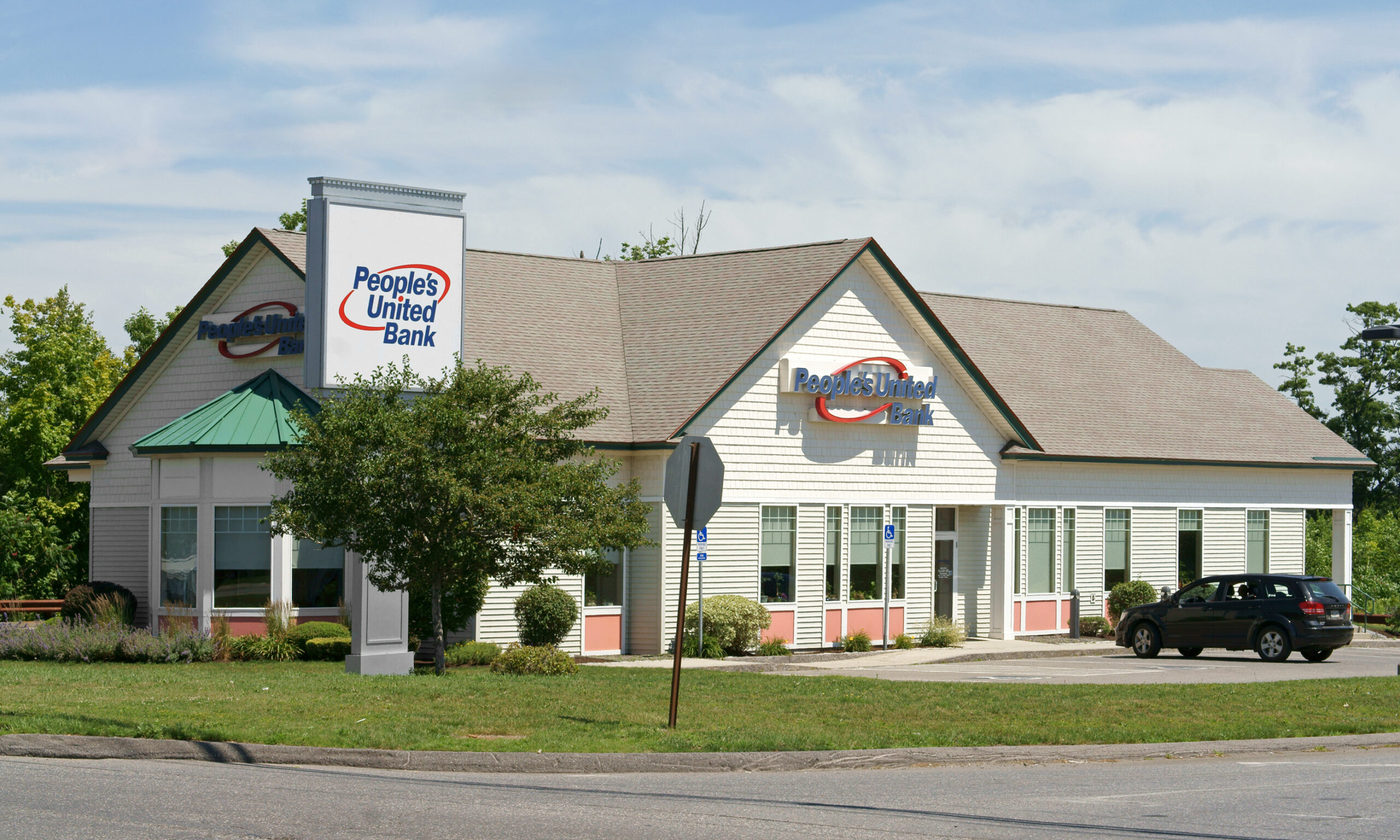
People’s United Bank began in 1842 in Bridgeport, Connecticut, as the Bridgeport Savings Bank. Its founders aimed to provide savings accounts to working-class citizens, ensuring a secure way to build financial stability. Over the years, it expanded its services and became a cornerstone for families and businesses in the Northeast. With a strong reputation for community involvement, People’s United Bank became a trusted name for generations. Recently, the bank merged with M&T Bank, but its storied history remains a vital part of its identity.
Bank of the West (Founded in 1874)
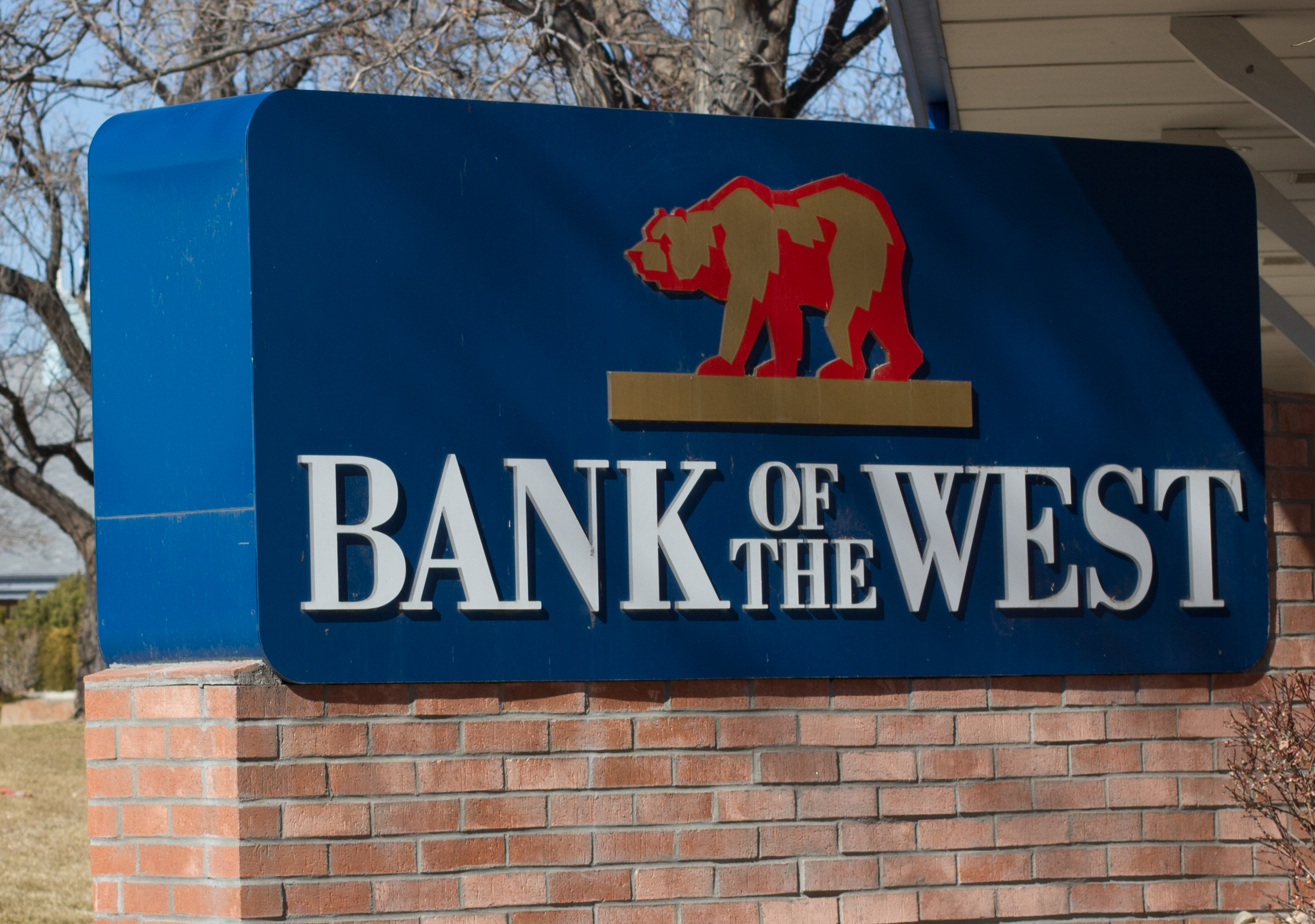
Founded in 1874 in San Jose, California, Bank of the West started as Farmers National Gold Bank, focusing on providing financial services during the post-Gold Rush era. Its founders sought to support agriculture and commerce in a rapidly growing region. Over time, the bank expanded its offerings and rebranded to reflect its broader customer base. Headquartered today in San Francisco, Bank of the West has grown into a major financial institution with a presence across the United States. Its dedication to sustainability and innovation continues to define its approach to modern banking.
PNC Financial Services (Founded in 1852)
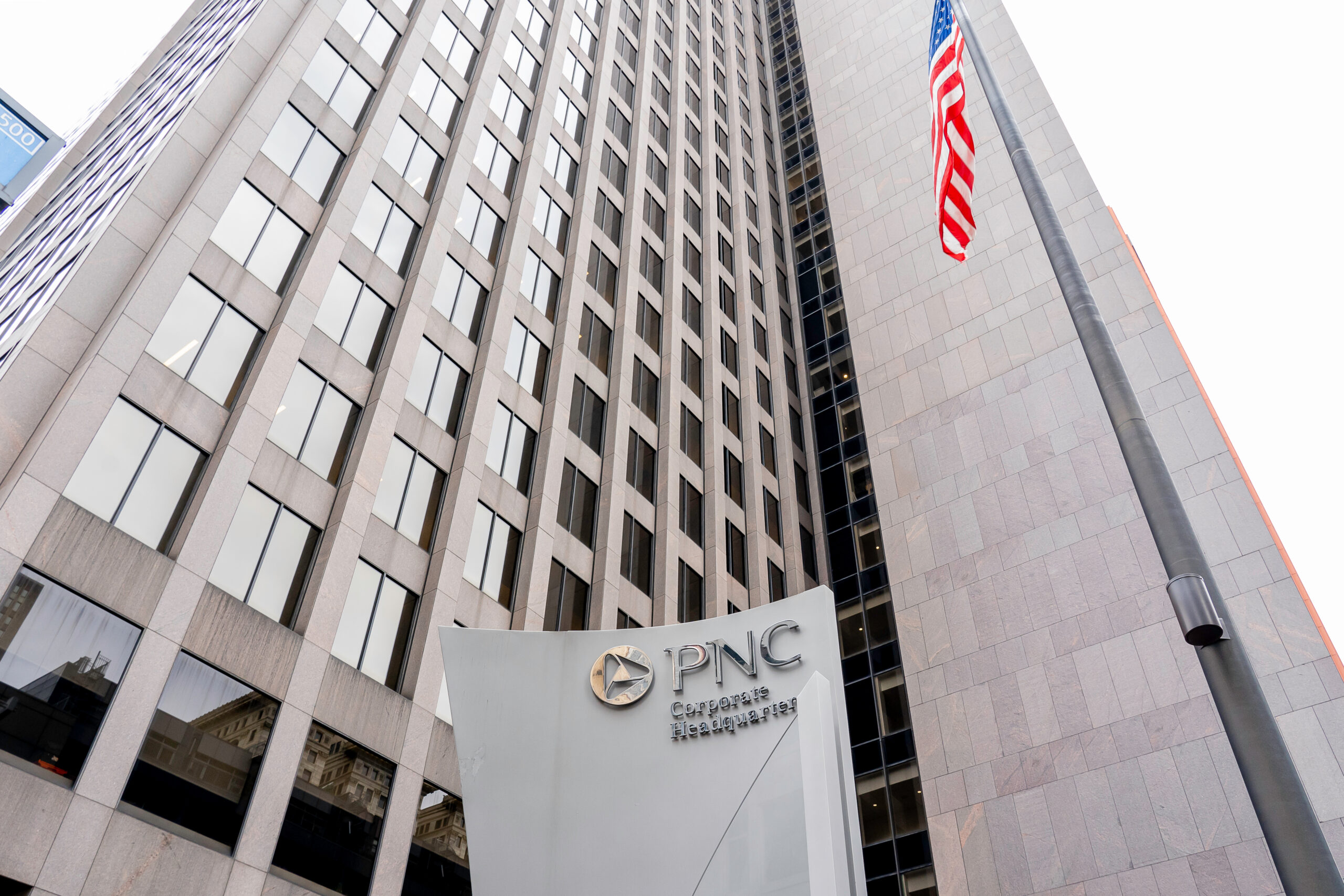
PNC Financial Services traces its origins to 1852 with the founding of Pittsburgh Trust and Savings Company in Pittsburgh, Pennsylvania. Its early mission was to provide a stable financial foundation for the city’s booming industries. Over time, it merged with other institutions, including Provident National Corporation, leading to the creation of PNC as we know it today. Headquartered in Pittsburgh, PNC has grown into one of the largest financial services groups in the United States. Its ability to innovate while preserving its historical roots makes it a standout in the banking industry.
This article originally appeared on Rarest.org.
More from Rarest.org
19 Oldest Plants in the World

Across the world, some plants have defied time, surviving for thousands — even tens of thousands — of years. Read More.
11 Little-Known Nocturnal Animals with Impressive Senses

Some animals have evolved extraordinary senses to survive the night, allowing them to thrive where light is scarce. Read More.
10 Oldest Mammals in the World

Mammals have evolved some fascinating adaptations over millions of years, with a few species standing out for their incredible longevity. Read More.
